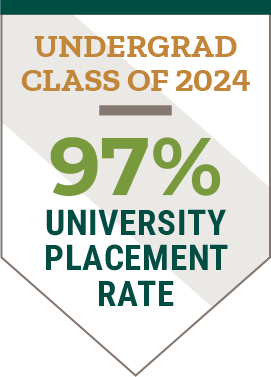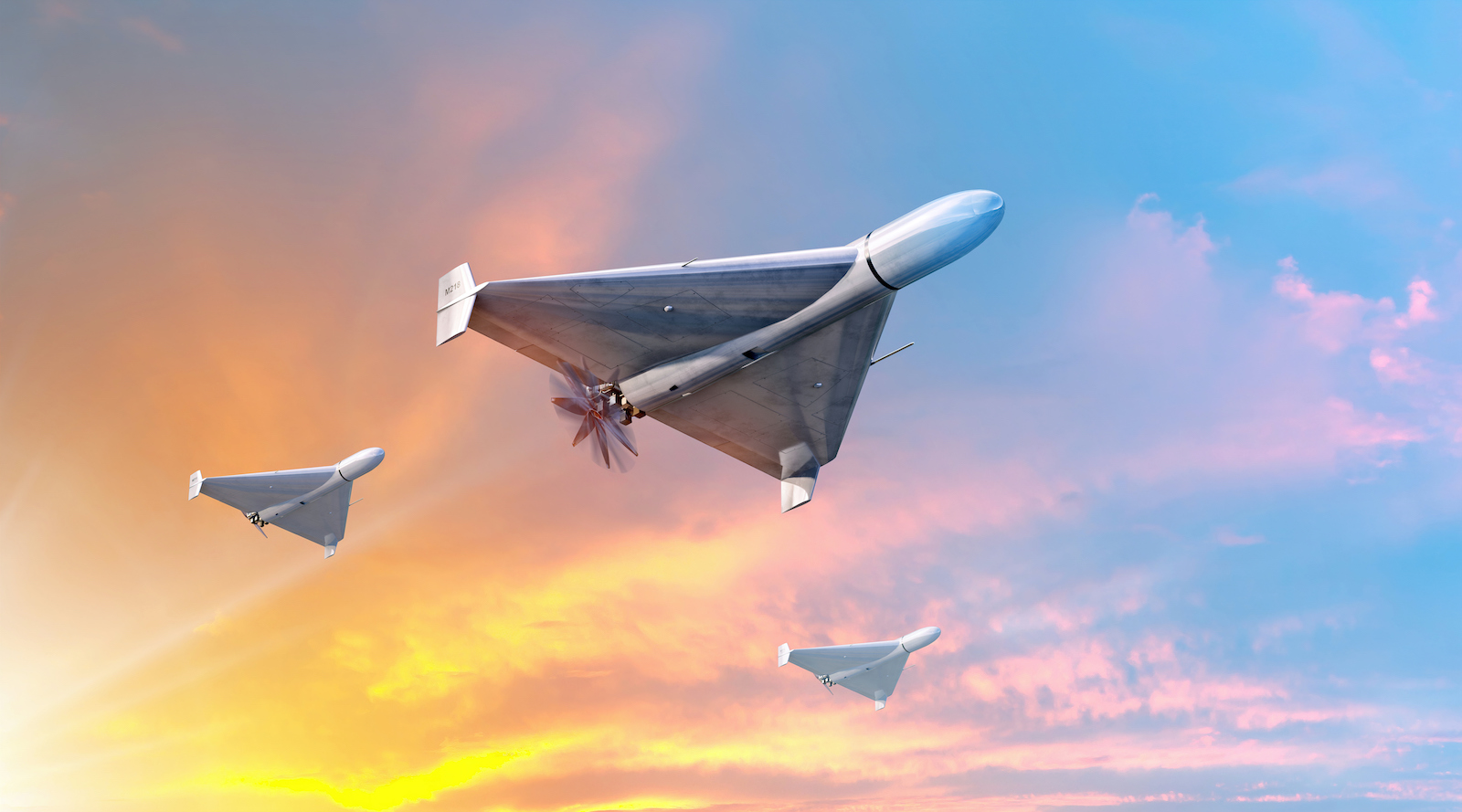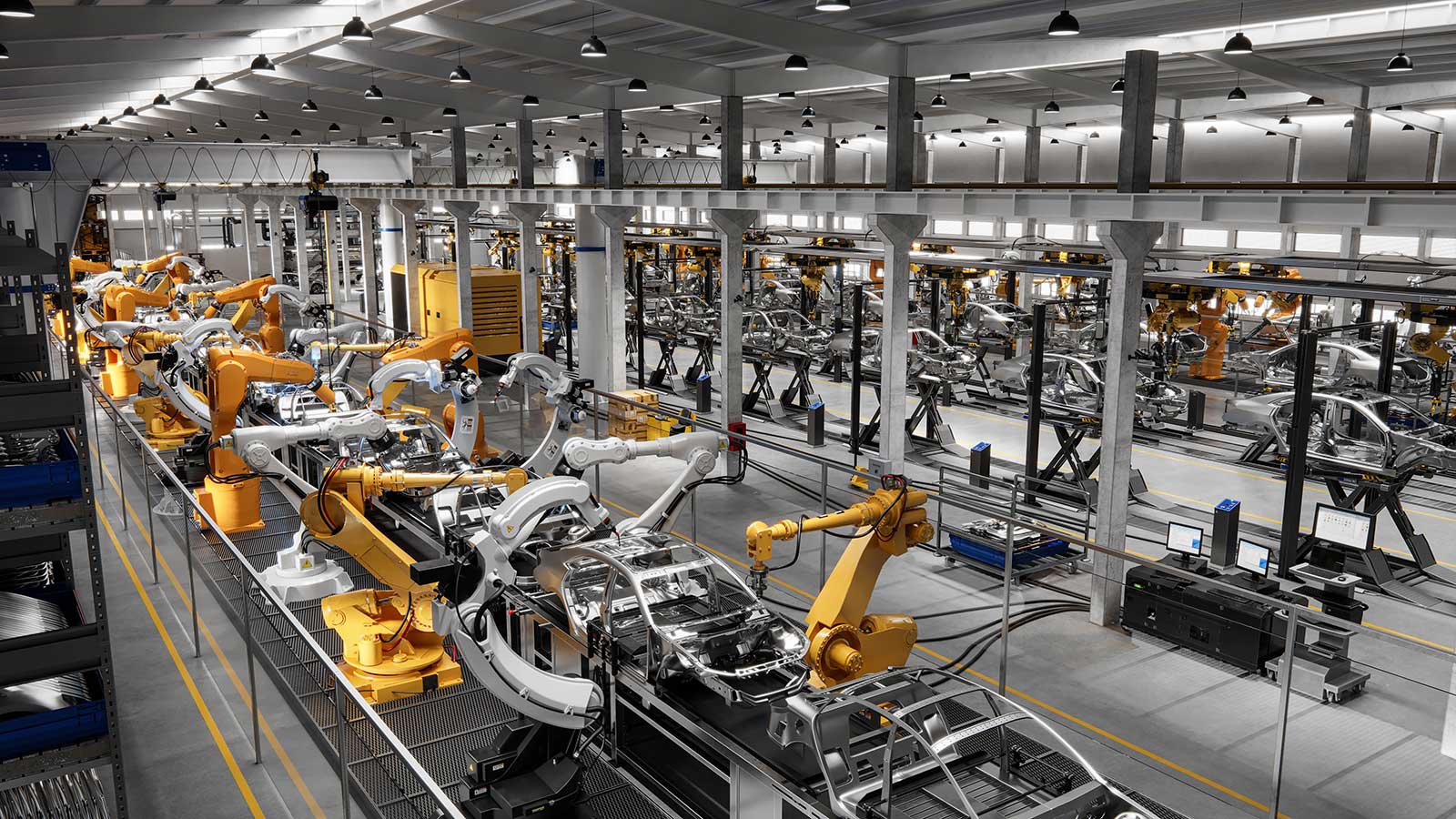The Aerospace Engineering undergraduate bachelor's degree program consists of 87 credit hours out of 120 credit hours. Those 87 credit hours in aerospace engineering include classes in applied physics, applied mathematics, engineering science and mechanical engineering.
See the Clarkson Catalog for current Bachelor's requirements and course numbers.
Course Catalogue
Clarkson Common Experience
The following courses are required for all students, irrespective of their program of study. These courses are offered during the fall semester, with FY100 First-Year Seminar being required of only first-year students. Both FY100 and UNIV190 are typically taken during the fall semester of the first year at Clarkson.
- FY100 First-Year Seminar
- UNIV190 The Clarkson Seminar
Aerospace Engineering
Courses typically include:
- Measurement & Instrumentation
- Introduction to Engineering Design
- Experimental Methods in Aerospace Engineering
- Dynamical Systems
- Intro to Comp Methods
- Aircraft Structural Analysis
- Test Engineering
- Aerodynamics
- Design of Propulsion Systems
- Aircraft Performance & Flight Mechanics
- Stability & Control of Aerospace Vehicles
- Gas Dynamics
- Aircraft Design I
- Aircraft Design II
- Design of Aircraft Structures
Professional Experience
Students are required to complete the following Professional Experience:
Internship, co-op, or directed research related to the student's professional goals.
Core Electives
Students typically complete the following courses:
Engineering Science
- Statics
- Strength of Materials
- Rigid Body Dynamics
- Electrical Science
- Materials Science & Engineering I
- Fluid Mechanics
- Thermodynamics
Mathematics
- Calculus III
- Elementary Differential Equations
- or Fourier Series & Boundary Value Problem
- and STAT Probability & Statistics
Electives
Biology/Chemistry
Students complete either Biology II: Cellular & Molecular Biology or General Chemistry II
Professional Electives
The student must complete 9 credits of professional electives. Professional electives are upper-division courses in mathematics, physics, other engineering disciplines; for example, Applied Statistics, Fourier Series and Boundary-Value Problems, Computer-Aided Engineering (CAD), Optimal Engineering, Biomechanics, Additive Manufacturing and Welding and Metallurgy.
Knowledge Area/University Course Electives
Students majoring in aerospace engineering are required to take at least 15 credit hours to satisfy the Knowledge Area and/or University Course electives general education requirement. This must include Engineering & Society and a course in economics, such as Engineering Economics.
Free Electives
Students majoring in aerospace engineering have at least 3 credit hours available to use toward courses of their choice.






